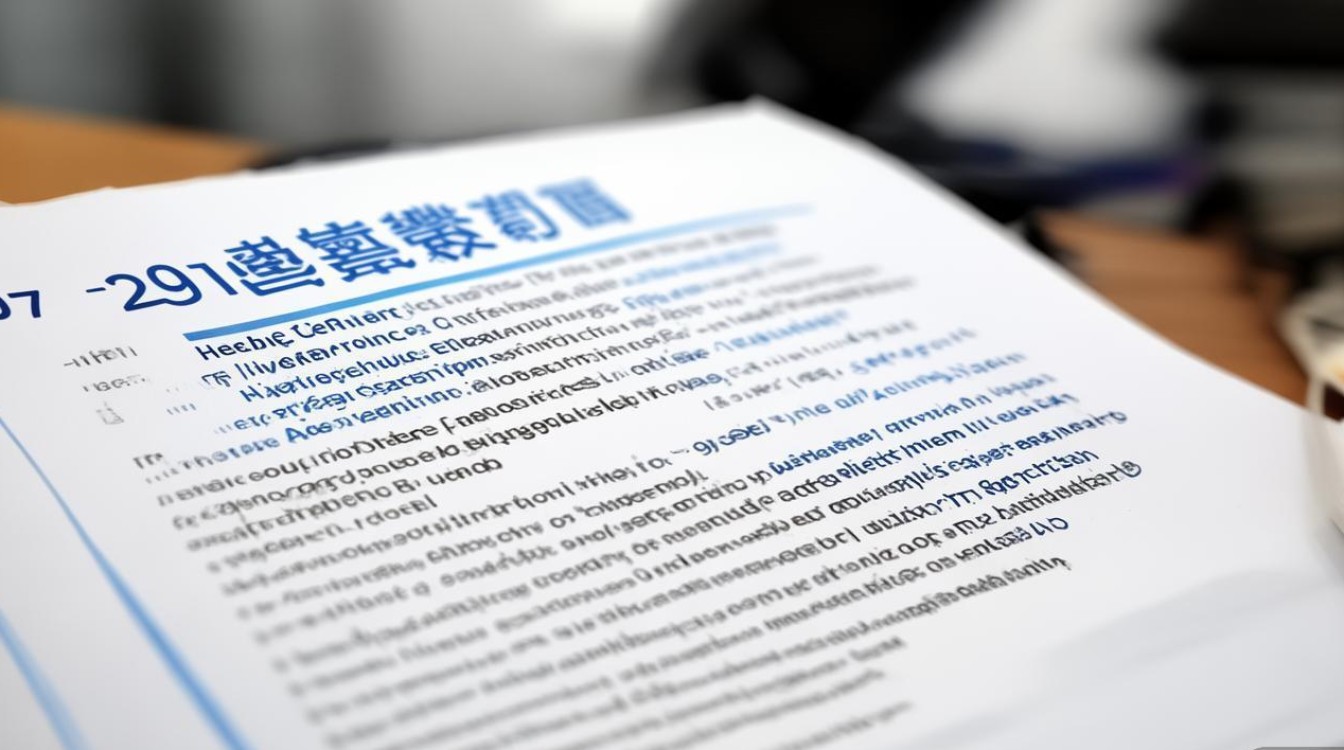2017年河北省高考报名条件主要依据河北省教育考试院发布的《关于做好2017年普通高校招生报名工作的通知》,明确了报名对象、户籍要求、学籍条件、身体状态及其他限制性规定,具体内容如下:

报名基本条件
- 户籍要求:考生须具有河北省户籍,或符合随迁子女政策的外省来冀务工人员子女,普通高校招生报名要求考生户籍在报名截止日期(通常是2016年11月1日)前已迁入河北省,且户籍符合“户籍、学籍双合法”原则;随迁子女需提供父母双方在河北省的合法稳定职业、合法稳定住所(含租赁)和社保缴纳证明等材料,且考生本人具有河北省高中阶段教育学校连续3年学籍并实际就读。
- 学籍要求:考生须为河北省普通高中、中等职业学校(含中专、职高、技校)应届或往届毕业生,或具有同等学力社会考生,应届生需提供高中学籍档案,往届生需提供高中毕业证书或同等学力证明,社会考生需提交县级教育行政部门出具的同等学力证明。
- 身体条件:考生须符合《普通高等学校招生体检工作指导意见》要求,无影响专业学习的生理缺陷,部分专业(如军事、公安、医学类)有额外体检标准要求。
- 其他限制:高级中等教育学校非应届毕业的在校生(如高一、高二学生)、因违反国家教育考试规定被暂停参加高考处理且在停考期内的人员、触犯刑法已被有关部门采取强制措施或正在服刑者不得报名。
分类报名条件
(一)普通类考生
- 应届生:需在河北省普通高中就读,具有连续3年学籍并实际就读,户籍符合要求。
- 往届生:需具有河北省高中阶段教育学校毕业证书,户籍迁入时间需符合规定(一般要求2016年11月1日前迁入)。
- 社会考生:需年满18周岁(截至2017年8月31日),具有初中毕业证书满3年,由户籍所在地县级教育行政部门审核确认。
(二)对口类考生(中等职业学校毕业生)
- 仅限于河北省中等职业学校(含中专、职高、技校)应届毕业生,需提供学籍证明和职业资格证书或技能等级证书,报考专业需与所学专业对口。
(三)运动训练、武术与民族传统体育专业单独招生考生
- 需具备二级运动员(含)以上技术等级资格,年龄不超过22周岁(1995年1月1日后出生),且已参加河北省高考报名。
(四)保送生、自主招生等特殊类型考生
- 符合教育部规定的保送条件(如省级优秀学生、中学生学科奥林匹克竞赛国家集训队队员等)或高校自主招生报名条件,需经所在中学推荐、材料公示并通过高校审核后,完成高考报名。
报名材料清单
| 材料类别 | |
|---|---|
| 户籍证明 | 户口簿原件及复印件;随迁子女需提供父母居住证、社保证明等 |
| 学籍证明 | 应届生提供学籍卡;往届生提供毕业证书;社会考生提供同等学力证明 |
| 身体状况证明 | 县级及以上医院体检报告(含肝功能、胸透等) |
| 特殊类型材料 | 保送生推荐信、运动员等级证书、自主招生高校审核通过表等(如适用) |
| 其他材料 | 照片、身份证复印件、报名登记表等 |
注意事项
- 报名流程:考生需在规定时间内(2016年11月1日-10日)登录河北省教育考试院网站进行网上报名,并在指定地点现场确认,采集照片、身份证信息及指纹。
- 户籍审核:严格审查考生户籍真实性,对空挂户、人户分离等情况进行重点核查,不符合条件者不予报名。
- 资格公示:报名结束后,县级教育考试机构将对考生名单进行公示,接受社会监督,对弄虚作假者取消报名资格。
相关问答FAQs
问题1:随迁子女在河北省参加高考需要满足哪些具体条件?
解答:根据2017年河北省政策,外省来冀务工人员子女需同时满足以下条件:①父亲或母亲(或其他法定监护人)在河北省具有合法稳定职业(需提供劳动合同或营业执照等);②在河北省具有合法稳定住所(需提供房屋产权证或租赁合同等);③考生本人具有河北省普通高中阶段连续3年完整学籍并实际就读;④父亲或母亲在河北省累计缴纳社保满3年(截至2016年8月31日),需提交上述证明材料至县级教育行政部门审核,审核通过后方可报名。
问题2:往届生报名时,户籍迁入时间有什么限制?
解答:2017年河北省高考报名要求往届生户籍迁入时间需在2016年11月1日之前,若考生在2016年11月1日之后将户籍迁入河北省,不符合报名条件,即使具有高中毕业证书也无法参加普通高考报名,特殊情况(如军人子女、因行政区划调整户籍变更等)需提供县级及以上相关部门出具的证明材料,经河北省教育考试院审核批准后方可例外。











